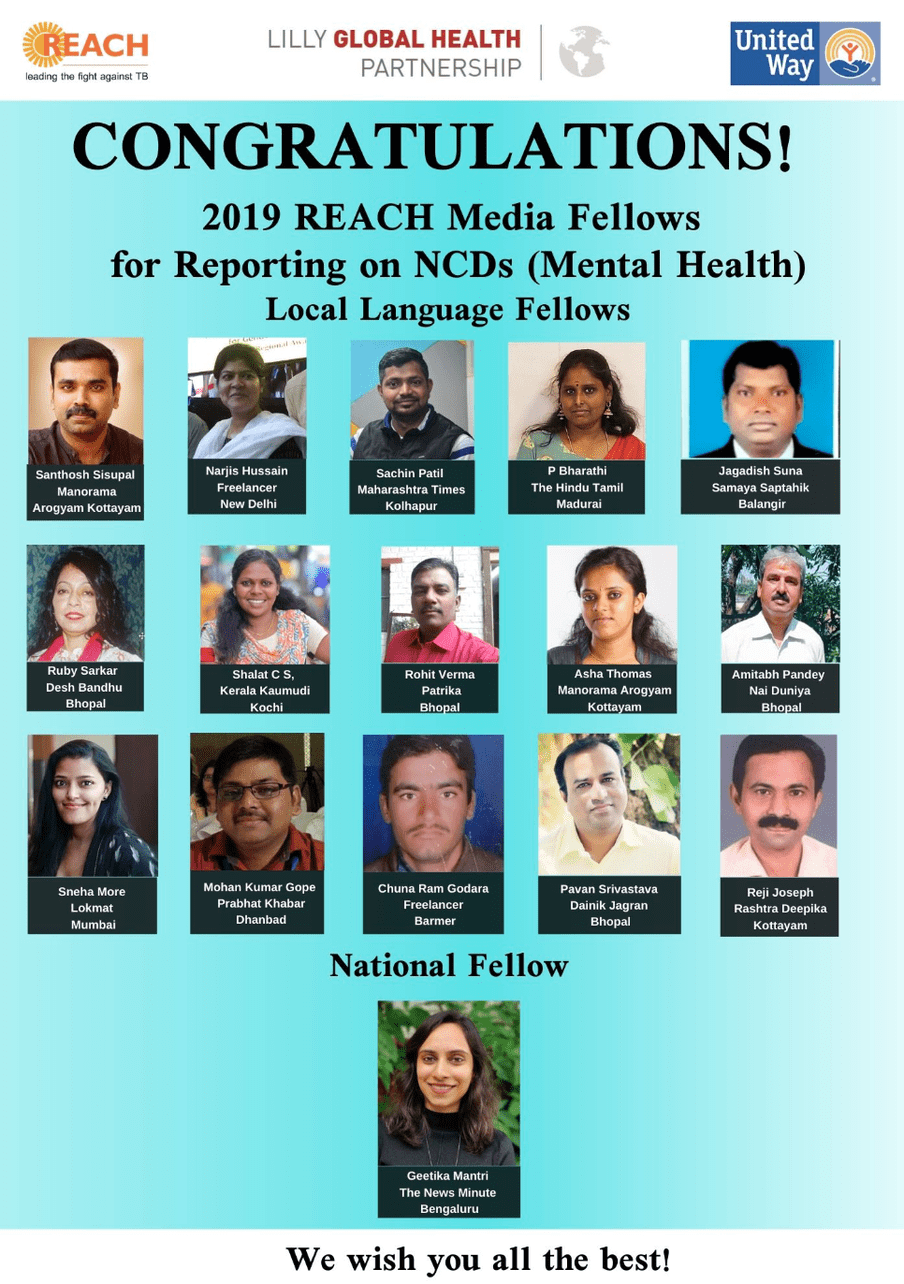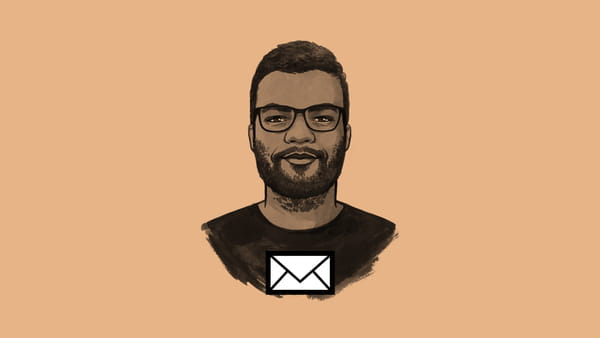Hi,
Last week, money was top of my mind. Recently, I had to make a hard decision and stop going to my psychiatrist of three years because his fee had become too much for me: INR2,500 (the Indian rupee equivalent of about US$35) for essentially a 10-minute consultation. I still worship this man – the gentlest medical professional I have ever known – because he saved me from certain annihilation. But after spending INR9,000 for my twice-weekly therapy sessions and another couple of grand on pills, I had to draw the line.
I now go to a psychiatrist who charges less than half and is much closer to where I live, though his prescriptions cost me more. I have started enjoying our little monthly chats. We spend up to half an hour at each meeting talking about pills and their side effects, the frustrating riddles of the human brain, and the importance of learning how to draw boundaries for people whose lives conspire to land them in the mental-health sector, as doctors or shrinks or itinerant storytellers. He uses an endearing mix of Hindi and English and has this habit of asking me "Rehne dein yaa bandh kar dein?" – "Shall we continue with this pill or stop it?" – that makes me feel like an adult with a functioning brain. So I think the return on investment is working out all right.
Anyway, the reason I have been thinking of economics is not all personal. Two important things happened last week, back to back – though they did not get too much attention.
First, a media fellowship set up to support journalists to explore locally as well as nationally relevant, policy- and programme-level issues related to non-communicable diseases announced the 16 winners for 2019. Barring one, all the other winners will work in local languages (India has hundreds of them) and produce an in-depth story on mental health in the next three months.
This is important for three reasons:
- It will encourage more reporters to start engaging with mental health with more than fleeting interest
- If all goes well, it will help create a culture of responsible reporting, which mental-health coverage is in dire need of. I had written a piece on the abysmal state of mental-health and suicide reporting that you can check out on The Health Collective, a platform dedicated to building public awareness.
- It will take the mental-health conversation into small towns such as Balangir, Dhanbad, and Kochi, far away from the elite metros.
Interesting note: the fellowship is funded by Reach, a non-profit whose primary agenda interest is in battling tuberculosis. That they decided to support mental health was a beautiful comment on the intersectional attitude required to fight any public-health crisis.

The other big development was the announcement of a grant to set up the Indian Mental Health Observatory. The grant is funded by Thakur Foundation. The key figure behind the foundation is Dinesh S. Thakur, a public-health activist and whistleblower who uncovered dubious manufacturing practices at the pharmaceutical giant Ranbaxy.
The recipient of the grant is the Centre for Mental Health Law and Policy in Pune, whose director, the psychiatrist Soumitra Pathare, was an important part of the team that drafted India’s mental-health legislation.
In a tweet, the foundation said the observatory will assist the central and state governments implement various legislations meant to protect people with mental illnesses and other disabilities, and work towards creating a framework of evidence-based policymaking and bridging the care gap.
I must also mention Mariwala Health Initiative, backed by Harsh Mariwala, who established Marico, one of India’s most successful homegrown consumer-goods firms, and led by his daughter Rajvi Mariwala, one of the most outspoken champions of a rights-based approach to mental healthcare. The organisation gives grants to various players working on grassroots issues, with a special focus on marginalised communities.
Money from the right sources is critical for changing the face of the mental-health ecosystem in any country – and not just because you need money to build and run things. Money excites people who have nothing to do with this space. It can transform the space from a poor cottage industry to a thriving sector alive with possibilities for all manner of professionals – from journalists to policy thinkers. That mass-scale attention is the only thing that can give mental health a sustained place at the policy high table. It’s what cancer has.
India’s health budget is a fifth of its defence budget, and its mental-health budget is less than 1% of that, so tapping private money is clearly the way to go.
Talking of private money, venture capitalists who have been tentatively eyeing mental-health startups will also begin to get excited when the ecosystem becomes more vibrant. Sure, some bad decisions will be made as moneybags try to cash in on the mental-health gold rush. But ultimately, the consumer will get greater choice. Access to mental healthcare will improve.
Who are the people or private organisations bringing money into the mental-health space in your backyard? I would love to discover and tell the stories of these good samaritans.
Until next week.
 Would you like me to send weekly notes like this straight to your inbox?
Subscribe to my weekly newsletter where I dismantle myths around Sanity, discuss the best ideas from our members, and share updates on my journalism.
Would you like me to send weekly notes like this straight to your inbox?
Subscribe to my weekly newsletter where I dismantle myths around Sanity, discuss the best ideas from our members, and share updates on my journalism.

